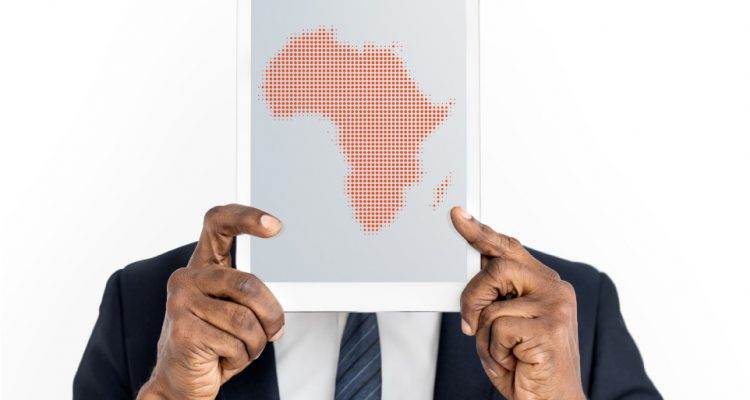Brain drain in Africa is associated with hemorrhage. Under this analogy hides the consequences that this plague represents for Africa. However, for almost 10 years, the trend has been reversing. The return to Africa has become a phenomenon. This is evidenced by the creation in 2014 of the return assistance network for young Senegalese graduates: the “Back to Galsen”. Initiatives like these are not in vain given all the good they bring to Africa …
What accelerates this return?
Last April, a league 1 match was interrupted in France because of racist cries. These cries were aimed at the defender and captain of Amiens, Prince-Désir Gouano. This example allows us to illustrate the expression “glass ceiling”. The latter defines the situation in which several emigrants find themselves when they can no longer work in their host country. Racism in the socio-professional environment persists and can accelerate the return of African emigrants from Europe, for example.
There is also a growing desire to contribute to the development of the black continent. “I defended my thesis on August 7, 2004 and flew home on the 15th. I did not even go to the graduation ceremony,” said Mr. Teklehaimanot. If all the graduates settle permanently in the industrialized countries, Africa will go to its loss. America is what it is because of the Americans. If we do nothing for Africa, who will act on our behalf? Hailay Teklehaimanot has left the United States to join Ethiopia. Economists today believe that Africa is the market of the future. In other words for some time and in a very long time, investment in Africa would be more than profitable. Promising sectors have been identified. They concern: telecommunications, energy, the infrastructure sector and finally the banking sector. This places immigrants in a logic of contribution to a future economic stability or they will find their account.
Read also: https://www.afrikatech.com/fr/education/formation-grace-aux-tic-lautre-defi-de-lafrique/
Ex-emigrants, talents at the service of Africa
As stated above, Africans are more and more in a logic of return. Thus, given that 75% of Africans are trained in the social sciences, the return of some, trained in technical and scientific frameworks, can only be beneficial for the continent of the future. Many ex-emigrants today participate in the production of added value in Africa while promoting job creation, promoting entrepreneurship in Africa, but also gradually installing a good quality of product and services.
The Africa Renewal Magazine presents the journey of a Lady named Ms. Koné. This lady for five years now has left Canada to set up her own business in Bamako. She opened an accounting firm. Today this lady says that her business is going well and that she is hiring people. The qualification of this lady has enabled today the creation of a new economic activity in Mali, but also the creation of employment.
The fact that the “entrepreneurial wave”, and by that we mean the popularization of entrepreneurship, coincides with the period of return of the emigrants is not a coincidence. Indeed, there would be a strong chance that this return of immigrants would be the origin of “Afro-Prenariat”. This for a simple reason. These people faced problems of professional integration. Indeed, despite the education and training crisis in Africa, some are well trained and constitute this elite that the emigrants want to replace as soon as they arrive. So there is an insertion problem. This problem and so many others is precisely the challenge that emigrants who want to return must accept. The solution is to use their expertise from elsewhere in order to create added value in their country. This is how entrepreneurship takes off. A flight that can only boost the economy in Africa.
In addition to all this, the creation of several companies in certain fields of activity creates competition. A competition that is developing Africa. But in what sense? If two companies evolve in the production of “wax” for example, to stand out, they will have to show tenacity, innovation, strategy, but also quality. This healthy competition allows in other areas to improve the quality of life in Senegal and to adopt another economic model.
More and more, the weight of the diaspora is being felt, especially concerning those who return to exploit the potential of Africa. How do you imagine the Africa of tomorrow if all the emigrants returned?
sources
RFI: the African debate: Part I / the return of brains to Africa
Have


Leave a Reply